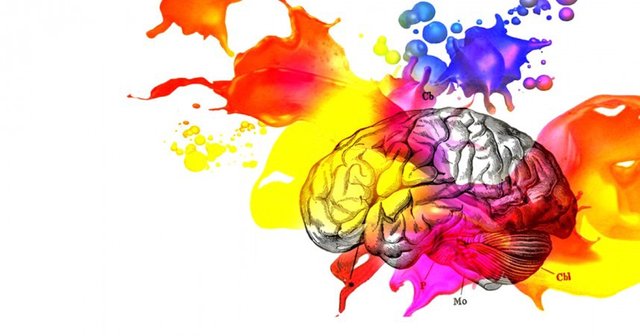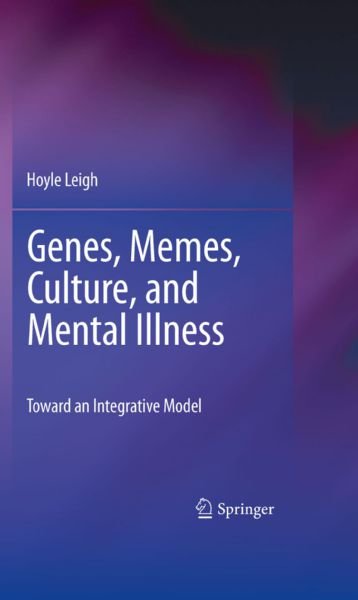
The Jungian concept of collective unconscious can be interpreted as the memes in the meme pool called society, that are so pervasive that they enter the brains almost automatically, i.e., without undergoing the filtration process for new memes. Such memes are usually introduced in early life and form the basis of a priori prejudice or predispositions that we call cultural traits. Sense of beauty, taste, right and wrong, how justice should be carried out — all these form part of the collective unconscious.
These cultural memes naturally co-opt genetic imperatives for food, sex, and dominance and form strong mutually supporting memeplexes. Such cultural traits do change with introduction of new memes, e.g., sense of beauty changes as fashion changes, while building on the core vMemes, deep mindsets and worldviews to which memes attach or from which they are repelled. They are the scaffolding on which the constructs of the mind are built.
Psychedelics like cannabis, ayahuasca, psilocybin or LSD act on central systems in the brain to deconstruct the roots of its conditioning. Their potency is in that they are de-conditioning and “decentering”, allowing new memes to seep into the root systems of the brain. Psychedelics act as cultural mutagens, and bypass the rigidity of cultural memories, expanding the surface area on which cultures can inter-connect and mutate.
Genes, Memes, Culture and Mental Illness: Towards an Integrative Model
Hoyle Leigh, MD and psychiatrist, who co-created the Yale Behavioral Medicine Clinic with Gary Schwartz in the 70s, wrote the seminal work Genes, Memes, Culture and Mental Illness: Towards an Integrative Model in 2010.
The Journal of Clinical Psychiatry chose to feature it in 2011, and wrote about it:
The interface of biology, evolution, and culture is exciting. Dr Leigh’s book is a must-read for those who are fascinated by novel models in mental health.In 1976, Richard Dawkins coined the term meme to denote bits of information that replicate themselves. These bits of information include the “percepts” created by the interaction of the brain and outside sources of information such as books and digital materials. The author makes a case for understanding mental illness in the context of memes going awry.
